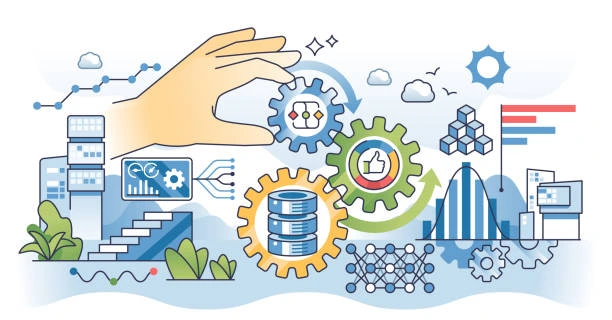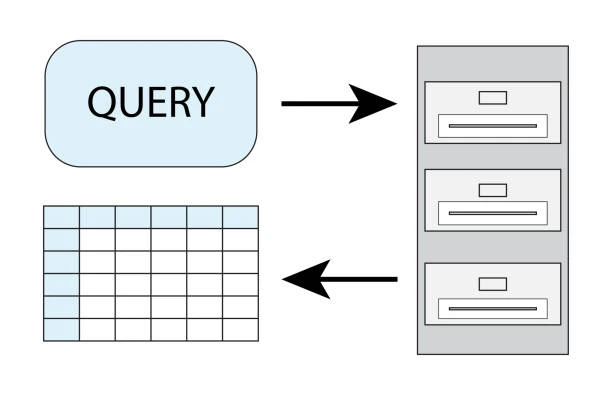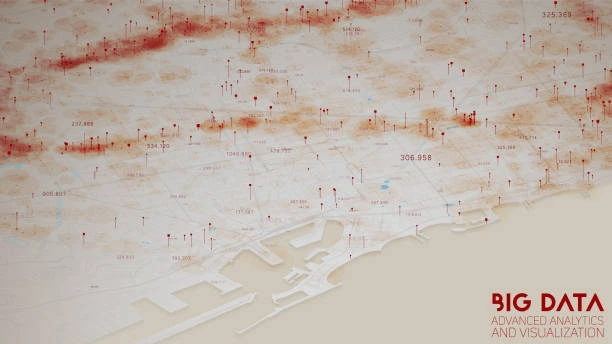Course Overview:
Python is one of the most popular programming languages in data science and analytics. Mastering it will enhance your employability and career prospects in a rapidly evolving job market. The course emphasizes practical skills, allowing participants to work on real-world projects and datasets, ensuring they can apply what they learn in professional environments. Covering key concepts from data manipulation to machine learning, participants will gain a well-rounded understanding of Python's role in data science.
Participants will explore Python's libraries and tools essential for data analysis, visualization, and machine learning. The course will provide a hands-on approach, enabling participants to work with real-world datasets and apply Python programming concepts effectively to derive insights and make data-driven decisions.
Duration
10 Days
Who Should Attend
- Aspiring data scientists and analysts
- Business analysts looking to leverage data for decision-making
- Professionals in fields such as finance, marketing, or healthcare who wish to analyze data more effectively
- Anyone interested in a career in data science or analytics with a basic understanding of programming concepts
Course Objectives
By the end of this course, participants will be able to:
- Understand the fundamentals of Python programming and its libraries for data science.
- Perform data manipulation and cleaning using Pandas.
- Visualize data effectively with Matplotlib and Seaborn.
- Apply statistical analysis techniques to draw insights from data.
- Implement machine learning algorithms using Scikit-learn.
- Work with real-world datasets to develop data-driven solutions.
Course Outline:
Module 1: Introduction to Python for Data Science
- Overview of Data Science and Python
- Setting up the Python environment (Anaconda, Jupyter Notebooks)
- Basic Python syntax and data types
Module 2: Data Structures and Control Flow
- Lists, tuples, dictionaries, and sets
- Control flow (if statements, loops)
Module 3: Data Manipulation with Pandas
- Introduction to pandas
- DataFrames and Series
- Data cleaning and preparation techniques
Module 4: Data Visualization with Matplotlib and Seaborn
- Introduction to data visualization
- Creating visualizations using Matplotlib
- Advanced visualizations with Seaborn
Module 5: Numpy for Numerical Computing
- Introduction to NumPy
- Array manipulation and operations
- Performance improvements with NumPy
Module 6: Exploratory Data Analysis (EDA)
- Techniques for EDA
- Descriptive statistics and data summarization
- Identifying trends and correlations
Module 7: Introduction to Machine Learning
- Overview of machine learning concepts
- Supervised vs. unsupervised learning
- Implementing simple models using scikit-learn
Module 8: Supervised Learning Algorithms
- Linear regression and logistic regression
- Decision trees and support vector machines
- Model evaluation techniques
Module 9: Unsupervised Learning Algorithms
- K-means clustering and hierarchical clustering
- Principal Component Analysis (PCA)
- Anomaly detection
Module 10: Capstone Project and Course Wrap-Up
- Real-world project where participants apply learned skills
- Presenting findings and insights
- Course review and next steps for further learning
Customized Training
This training can be tailored to your institution needs and delivered at a location of your choice upon request.
Requirements
Participants need to be proficient in English.
Training Fee
The fee covers tuition, training materials, refreshments, lunch, and study visits. Participants are responsible for their own travel, visa, insurance, and personal expenses.
Certification
A certificate from Ideal Sense & Workplace Solutions is awarded upon successful completion.
Accommodation
Accommodation can be arranged upon request. Contact via email for reservations.
Payment
Payment should be made before the training starts, with proof of payment sent to outreach@idealsense.org.
For further inquiries, please contact us on details below:






